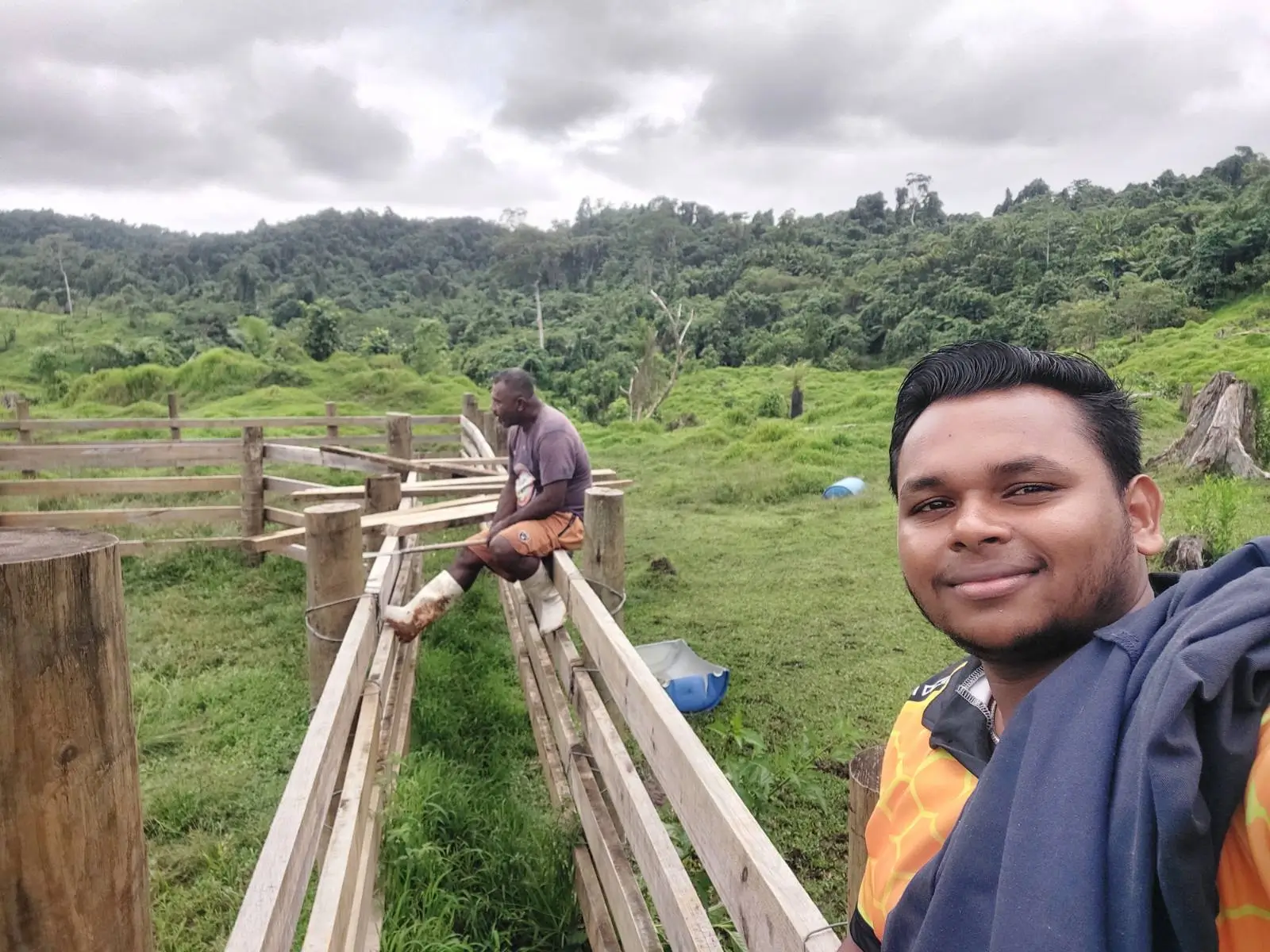
In the highlands of Namosi, nestled in the village of Naraiyawa, the Mataqali Rovadrau is quietly building a legacy of sustainable agriculture and community resilience. What began as a vision from elders who relocated from Wainimala in Naitasiri has transformed into a thriving communal farm- built on unity, perseverance, and a commitment to future generations.
“Our elders dreamed of a future where our people could thrive on their own land,” said Kitione, a Mataqali member, as he recalled the early days of their journey. That dream began taking shape in the early 2000s when the clan leased 300 acres of untouched forest. Since then, they have manually cleared and cultivated over 200 acres of land-without chemicals- relying instead on traditional practices and community effort.
Farming officially began in 2005, but a pivotal moment came in 2013 when the Mataqali expanded into livestock.
“We started with 25 cows and one bull. Today, we have 105 cattle. They’re not just animals-they’re lifelines,” Kitione said. “They help pay for school fees, support us during tough times, and give us food security.”
However, progress has not come easily. With no proper access road, transporting goods and materials, especially during the rainy season, remains a significant challenge. Despite these obstacles, the community has pressed on.
A major breakthrough came under the Ministry of Agriculture and Waterways’ Commercial Agriculture Development Program in 2022-2023, when the Mataqali received $5,000 worth of stockyard materials. With the support of villagers from Naqarawai and Naraiyawa, who carried the materials on foot across three kilometres of rugged terrain, the group laid the foundation for improved livestock management.
“The materials are just the beginning,” said Livestock Officer Vishwesh Waran. “They’ll help reduce the physical burden and improve cattle handling. We’re proud to support hardworking communities like Mataqali Rovadrau and help them build a sustainable future.”
Looking ahead, the community is preparing to modernize. They’ve already secured a twin-cab vehicle and are working toward formal business registration. Their hopes include acquiring machinery and trucks to improve operations.
Kitione summed up their purpose simply: “If you have land and animals, you have wealth. We want our youth to see this and dream big.”
Through hard work and collaboration, the Mataqali Rovadrau is not just farming for survival-they’re farming for a better tomorrow.
